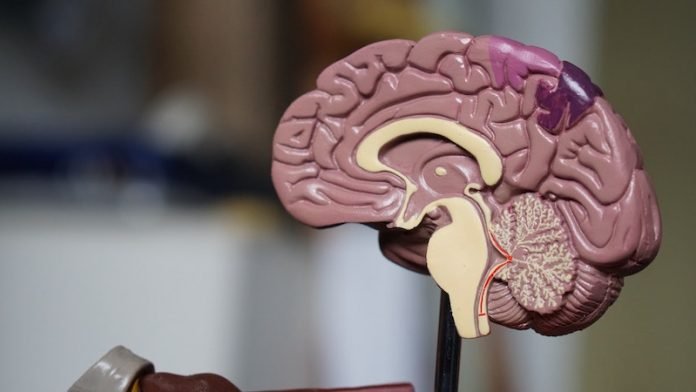
Alzheimer’s disease is the most common form of dementia and is characterized by neurodegeneration in regions of the brain involved in memory and learning.
Amyloid-beta and tau are two toxic proteins that build up in disease and cause eventual neuronal death, but little is known about how other cells in the brain react during disease progression.
In a new study from Arizona State University and MIT, researchers provide a new theory on how disease processes manifest in patients with Alzheimer’s disease.
The team explored how protein and signaling pathways change in patients with Alzheimer’s disease.
Their analysis captures a detailed molecular profile of changes in protein levels and alterations known as protein phosphorylation across a group of patients with well-preserved brain tissue.
Their work creates a new model of disease progression, taking advantage of the heterogeneity that is inherent to human studies.
The researchers’ analysis highlights the links between toxic protein build-up, neurodegeneration, and the glial cells which support and protect neurons in the brain.
In particular, they found an intriguing association between markers of neurodegeneration and two types of glial cell: oligodendrocytes and microglia. Progressive changes in these cells may be key to understanding the causes of neurodegeneration.
The results show that there are cellular signaling pathways that are activated at all stages of the disease. Scientists may be able to repurpose available therapies to target protein kinases that regulate these cell signaling events.
Clinicians today are studying therapeutic effects on amyloid and tau as proxies for disease, but the current results suggest that glia cells are involved at every step of the process.
Improved understanding of glia cells and their roles in progressive neurodegeneration may provide new opportunities for the treatment of this disease.
If you care about Alzheimer’s disease and your health, please read studies about Watch this: The video game can detect your Alzheimer’s risk and findings of this simple blood test could help detect Alzheimer’s better.
For more information about Alzheimer’s treatment and prevention, please see recent studies about what we know about sleep problems and Alzheimer’s disease and results showing that this stroke drug may help prevent Alzheimer’s disease.
The study is published in Nature Aging. One author of the study is Diego Mastroeni.
Copyright © 2021 Knowridge Science Report. All rights reserved.



